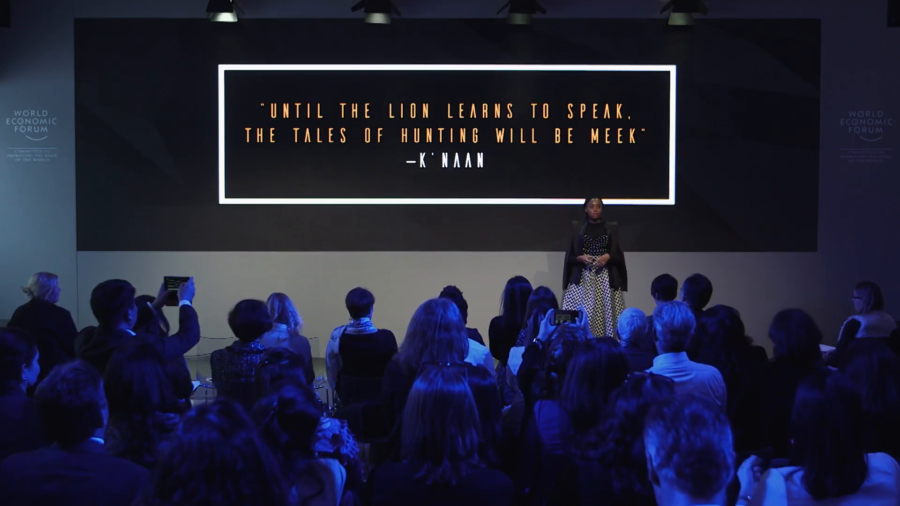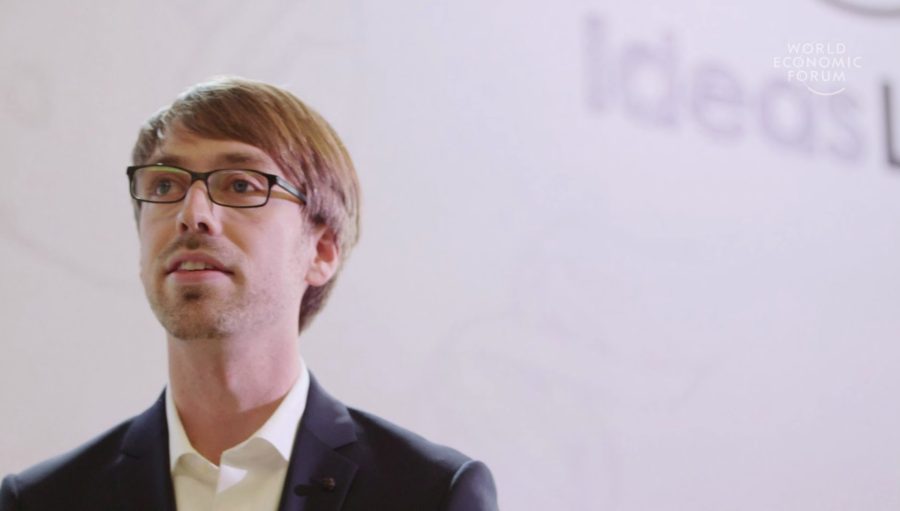To have the hunter tell it, Africa is full of meek stories about desperation and despair. So when artists like myself offer an alternate vision, often we’re asked to defend our imagination. Why do we feel we have the luxury to create? Shouldn’t we be dealing with more important issues like corruption, or war, or AIDS, or poverty?
Archive (Page 3 of 7)
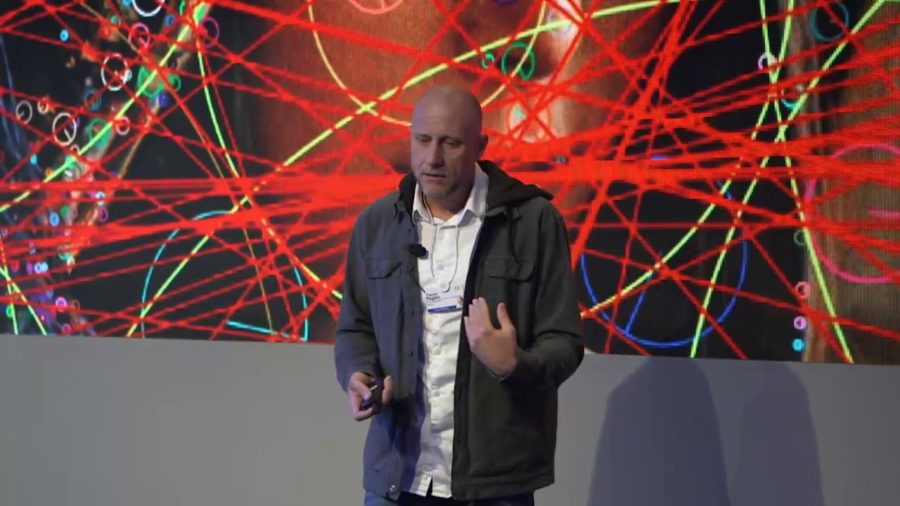
One of the things I really want out of art, what I see the job of the artist to be is to try to learn how to see the historical moment that you find yourself living in. I mean that very simply and I mean it very literally. How do you see the world around you?
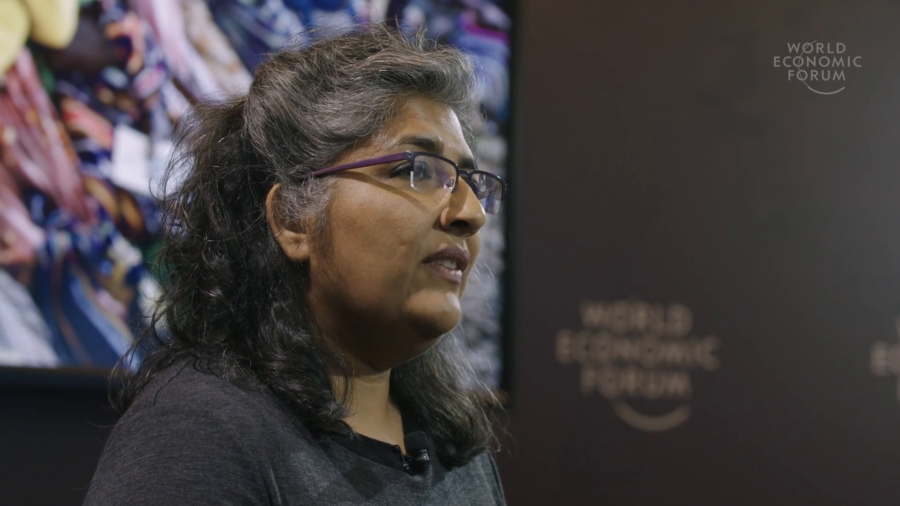
During the war in Afghanistan, the military decided to air drop food packages as part of its winning hearts and minds campaign. Unfortunately, the food packages were very similar in appearance to the cluster bombs they were dropping at the same time. If military decision-makers had spoken to communities, aid workers, military personnel on the ground, they’d have figured out there were smarter ways to deliver food and win the trust of the Afghan people.
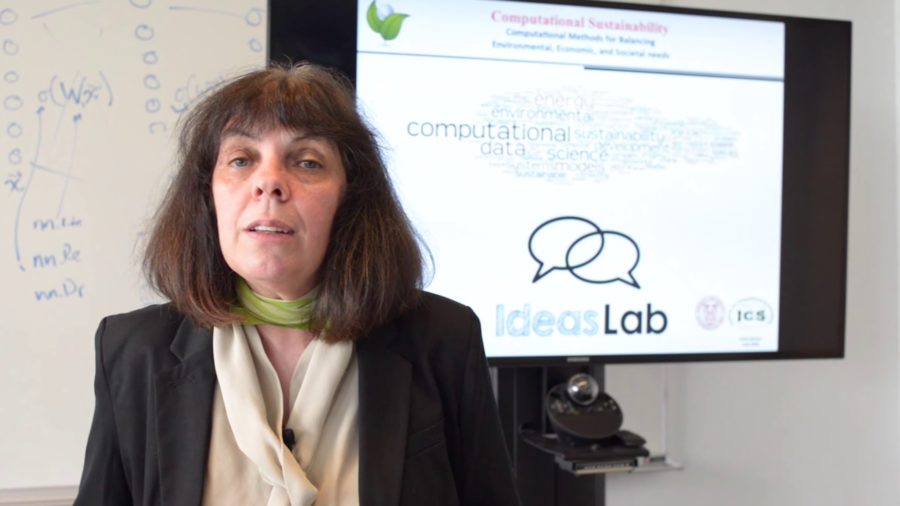
The smartphone is the ultimate example of a universal computer. Apps transform the phone into different devices. Unfortunately, the computational revolution has done little for the sustainability of our Earth. Yet, sustainability problems are unique in scale and complexity, often involving significant computational challenges.
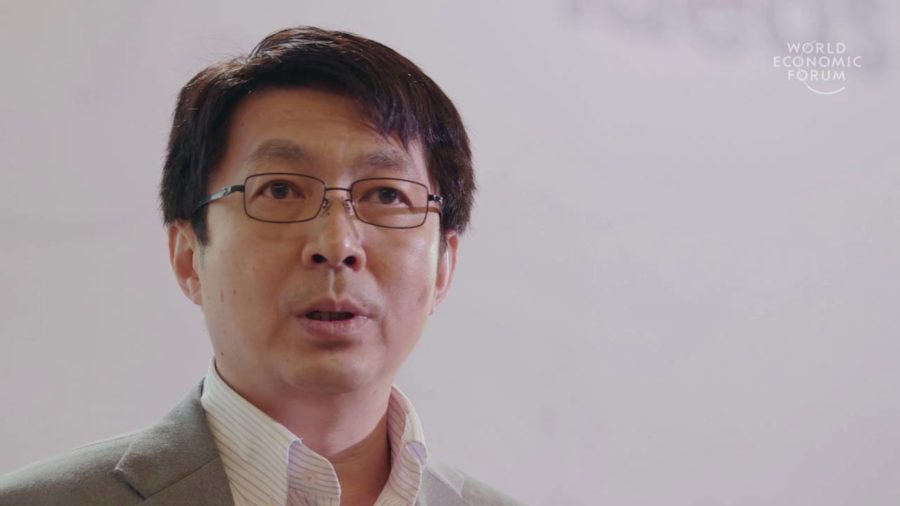
We can train computers to learn to recognize objects by giving them millions of examples with the correct answers. A human baby, on the other hand, learns to recognize many concepts and objects all by themself simply by interacting with a few examples in the real world.
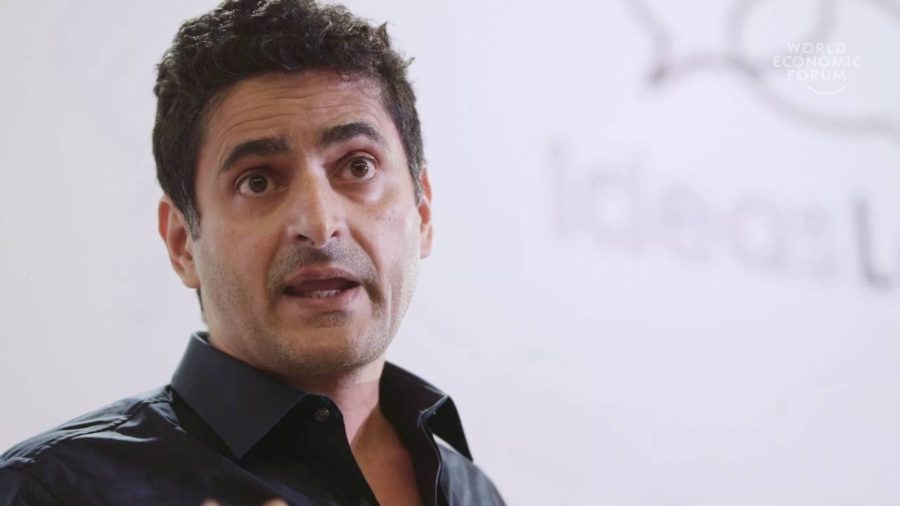
Can we have agreements or the mechanisms for enforcing agreements between governments without having to appeal to the ambiguity of international law?
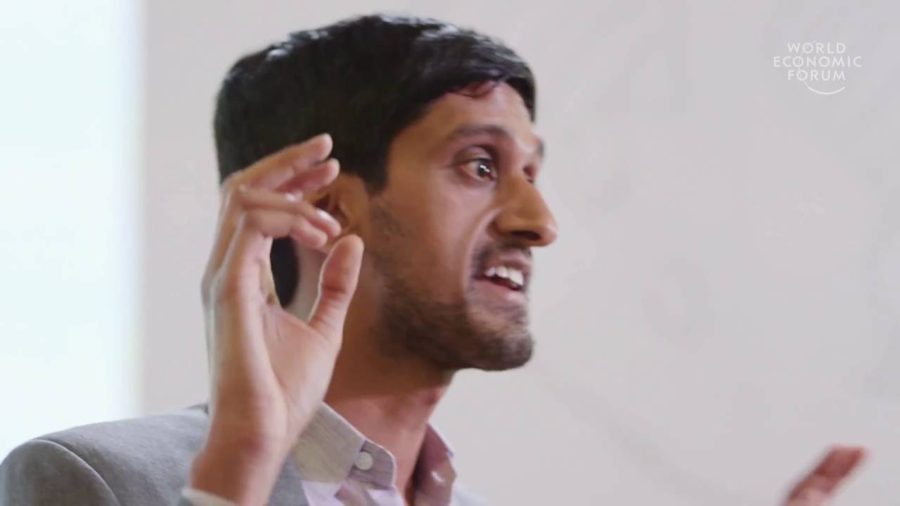
To understand human nature, I focus on human language and what it can reveal about how we think. Unlike other animals, humans can communicate an infinite number of thoughts through language. And one reason that language is powerful is because we can use each of our words flexibly, with several different meanings.
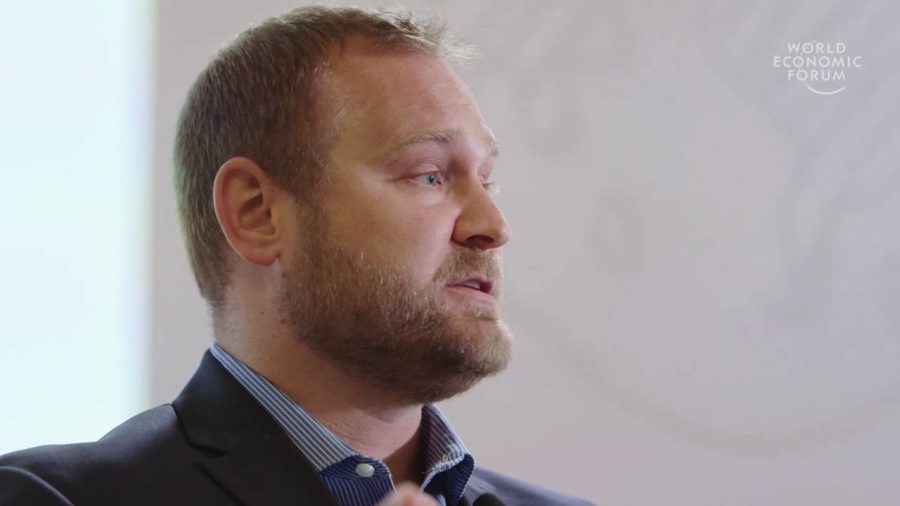
The United States plants more than 170 million acres of corn and soybeans a year, more than any country in the world. And the primary mechanism in the US that we use to subsidize agriculture is actually called the Federal Crop Insurance Program. So, the crop insurance program in the US is also the largest such program globally, with over $100 billion in liabilities annually. So it’s a very big program.
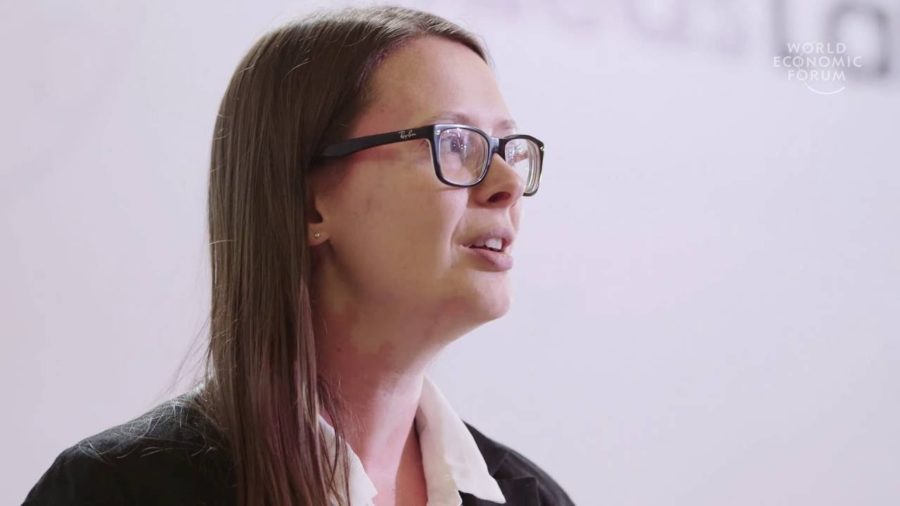
The interesting thing is not just figuring out what one plant needs, but doing it on the scale of a million plants. This is where imaging can help. Capturing the detail, but from a distance. Some farmers already used drones or other aircraft to do just that. But these are not tools available to all. I want to ask what if precision agriculture could be a service accessible to anyone on the planet?

